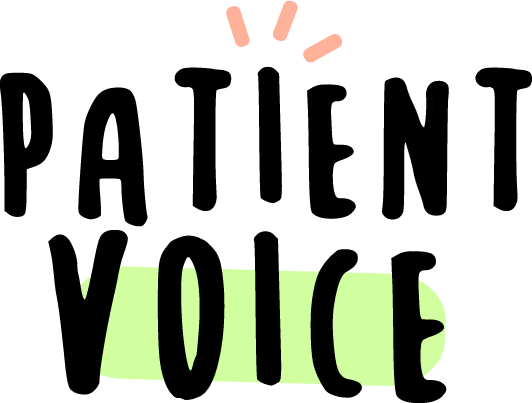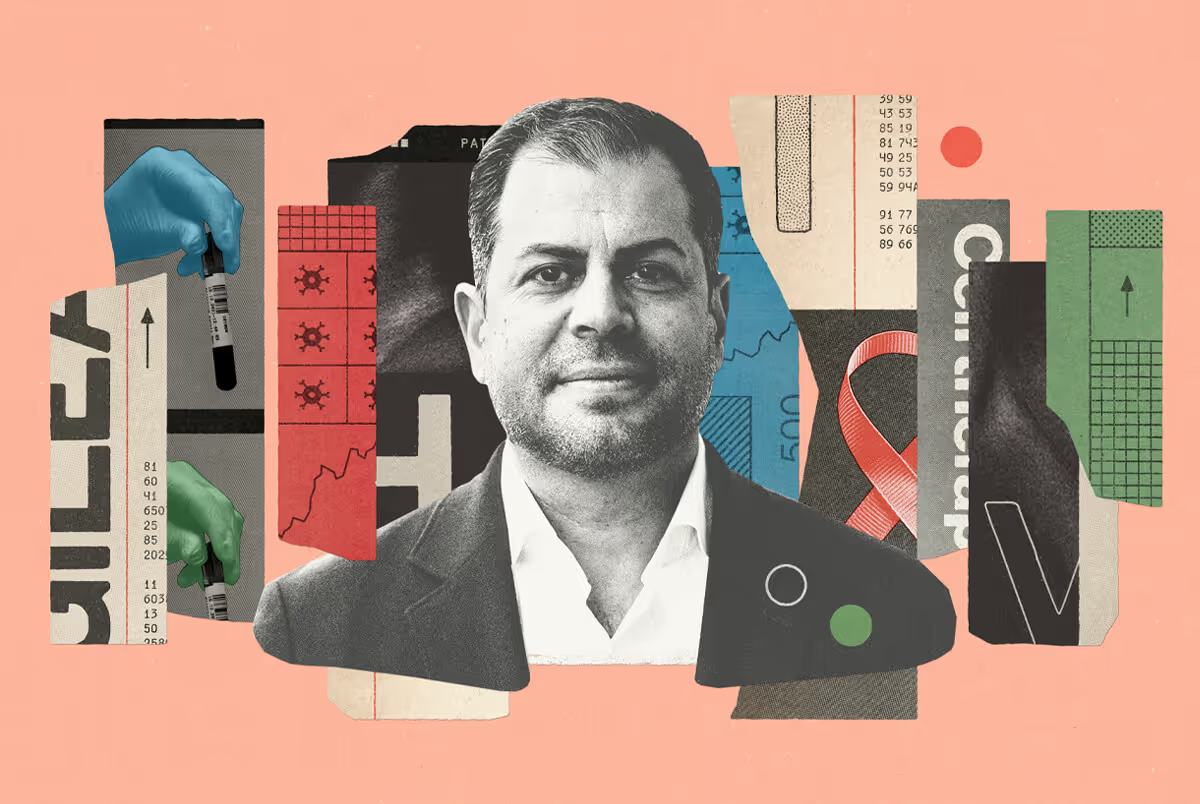
Why did you get involved in the life sciences?
Science is in my DNA. I was born in southern France, where my parents were pharmacists. I spent a lot of time in the pharmacy from a very young age, watching them work and asking questions. I grew up with a curiosity about medicines and their impact. My involvement in the life sciences industry came quite naturally. I really wanted to have an impact on people around me, but also on people around the world.
I studied pharmacy, as my parents had, and then went on to get an MBA. I started my career at Gilead Sciences in 2002, and 21 years later, I’m still here. From my initial internship with Gilead, I saw how innovative this company was and how it was working on devastating diseases – HIV, hepatitis C (HCV), cancer – and making a clear impact on patients. So since the very beginning, I’ve been able to fulfill my passion for the life sciences and for making a difference.
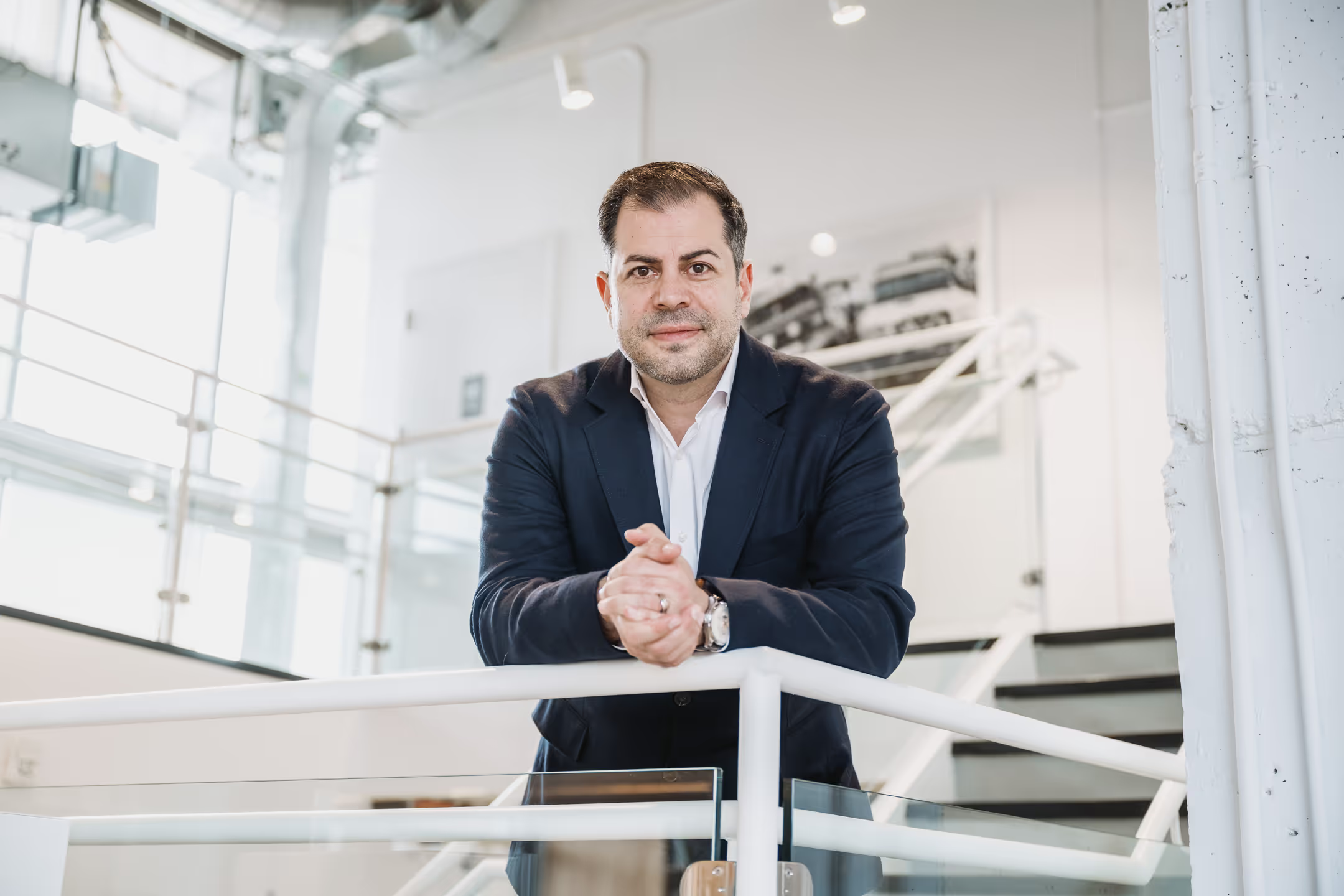
What have you learned along the way? Can these learnings be applied in Canada?
My work has taken my family and I from France, to the U.K., to Switzerland, and now here to Canada. Along the way I’ve been fortunate to learn a lot about how health care is managed and administered in different countries.
I realized quite early that – in one way or another – health equity is a significant challenge in virtually every country. This absolutely applies in Canada, too. At Gilead, we’re focused on improving health equity for underserved populations, including in the areas of HIV, viral hepatitis, and cancer. We need to do better as an industry to support all patients, and we’re committed to taking the lead in that regard.
“Compared to some of the other places I’ve worked, the way that health care stakeholders are collaborating here is very strong.”
One initiative we’ve launched in Canada to improve health equity is an Indigenous-focused health grant – called GLOW – and it’s a $4-million grant program that we co-created with Communities, Alliances & Networks (CAAN), an Indigenous-led non-profit organization committed to holistically addressing HIV, viral hepatitis, related co-morbidities, and more within First Nations, Métis, and Inuit communities.
I’ve also learned the importance of collaboration – between community partners, patients, health care professionals, government stakeholders, and industry. It's only through collaboration that we can truly improve the lives of the communities we serve.
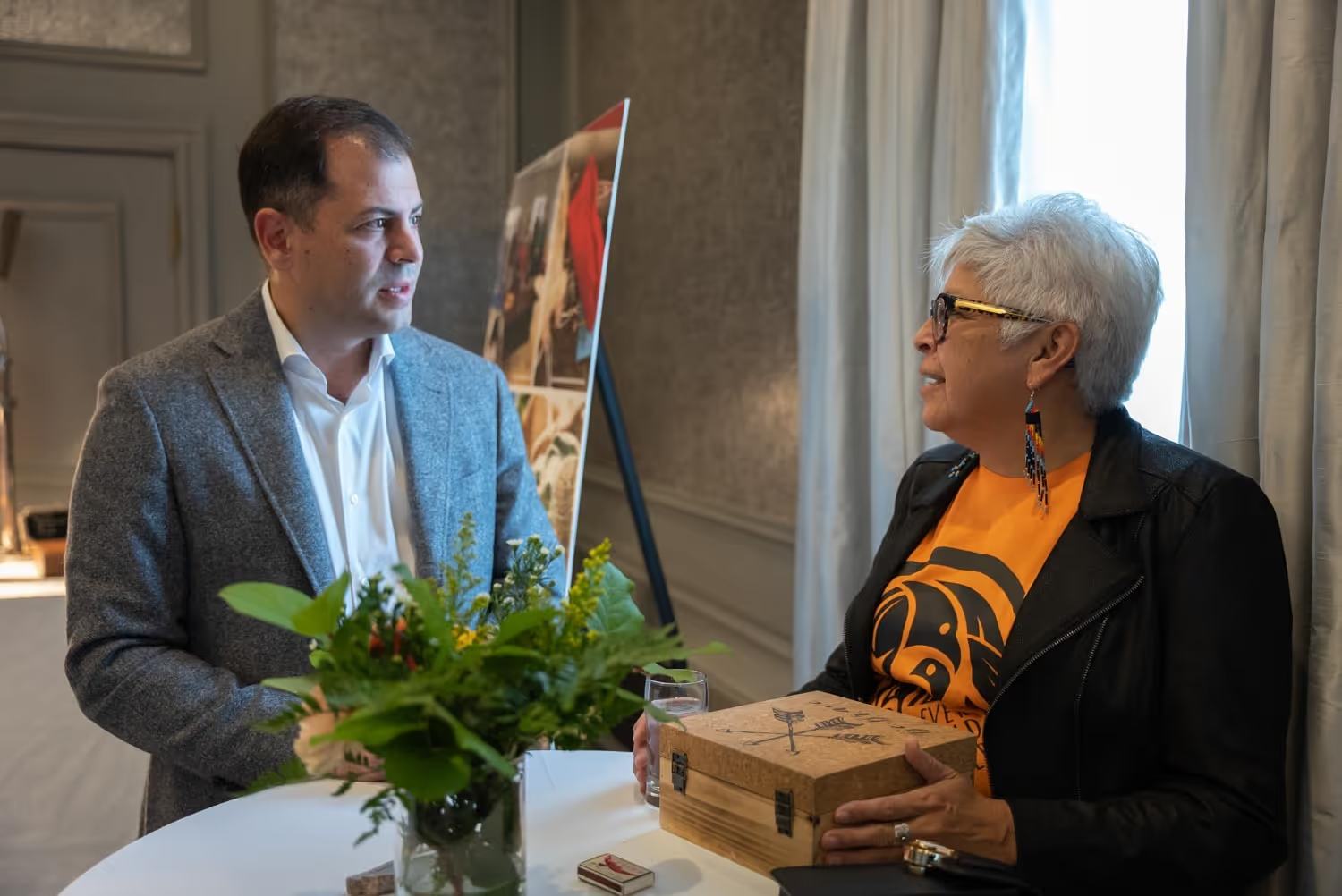
When it comes to health care, what is Canada doing well? Where can we improve?
Compared to some of the other places I’ve worked, the way that health care stakeholders are collaborating here is very strong. There are excellent networks, and connections, between health care professionals, patient advocacy organizations, and government at both federal and provincial levels. Canada is also doing quite well in terms of its overall level of spending committed to health care.
Secondly, I believe that Canada is doing a very good job of courting life science investment. For example, we built a new, state-of-the-art manufacturing facility in Edmonton that now employs over 350 people and plays a vital role in the production of a number of our products, including our newest breast cancer therapy.
If I were to point out one area for improvement it would be around time to access for disease-altering, or potentially life-saving, cancer therapies. Quite often Canadians gain access to these therapies one to two years later than in other places in the world, like the U.S. or Europe. This is especially difficult given the disease trajectories of some forms of blood cancers and breast cancer. My team and I are committed to making these medicines available to more patients, sooner in their disease journeys.

What makes your company, and your leadership style, unique?
There are many traits that make Gilead unique, including our focus on Creating Possible through delivering innovative medicines, but also going beyond the science to remedy health inequities and break down barriers to care. Gilead also reinvests a significant portion of its revenue into Canadian research and development (R&D), far surpassing industry standards. We aim to improve the lives of 80,000 Canadians, this year alone, through advancements in virology and oncology.
We’re also deeply committed to supporting underserved populations. We collaborate globally with organizations like the Medicines Patent Pool (MPP) to expand access to our medicines through the sharing of drug patents. The MPP was established by Unitaid, a Geneva-based global health organization that works to make life-saving treatments more affordable in low-income countries. Gilead was the first innovator pharmaceutical company to join.
“We can now look to specific cell and gene therapies as potentially curative options for patients living with specific types of blood cancer.”
Gilead’s core values are integrity, inclusion, teamwork, accountability, and excellence. My leadership style reflects this. I’m fortunate to be surrounded by a strong team of experts, and they’ve taught me to value humility, curiosity, trust, psychological safety, diversity, and accountability. We want to surround ourselves with the best people in the industry, and we’ve been successful in attracting people who want to make an impact.
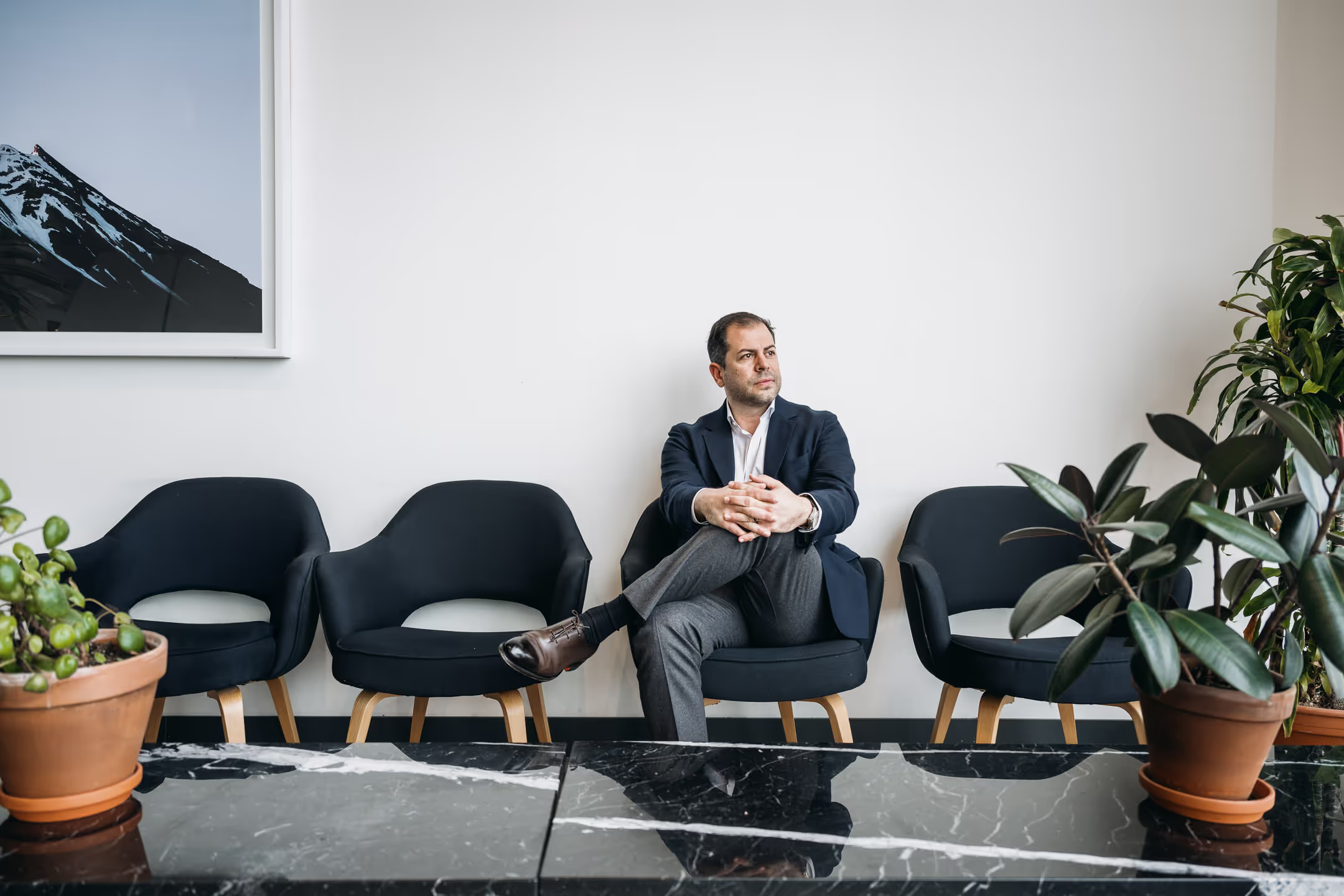
How is the concept of health care evolving?
The concept of health care is evolving faster than we ever could’ve imagined and it’s incredibly exciting to witness firsthand. Thanks to exciting new innovations, we’re revolutionizing the way certain diseases can be treated or potentially cured – for example, through years of dedication we’ve been able to shift HIV from a terminal prognosis to a chronic disease, which is incredible. We were also the first company to deliver a cure for HCV, which previously was a death sentence for many patients.
Looking forward, I’m excited and passionate about the very real promise of personalized medicines, like CAR T-cell therapy. We can now look to specific cell and gene therapies as potentially curative options for patients living with specific types of blood cancer. With these types of therapies, one’s own cells are harvested and reengineered so they can be re-administered and used to target cancer. Imagine a small GPS being put on your cell so that it can target cancer and remove it from your body – that's just amazing.
Now we must all work together to ensure Canada’s health care system can keep up with the unprecedented rate of innovation so that patients can benefit from it – regardless of geography, race, gender, sexual orientation, or socioeconomic standing. We’ve achieved so much for patients but there’s still a long way to go. That gives me incredible energy.
To learn more about Gilead Sciences Canada, click here.
This story was created by Patient Voice, on behalf of Gilead Sciences Canada.
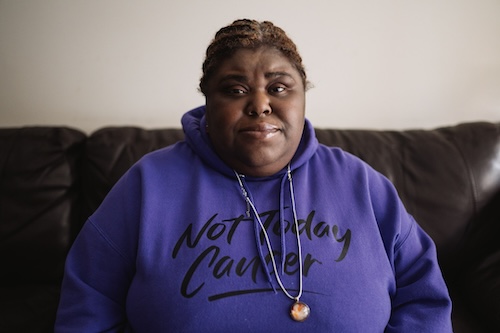

.avif)

